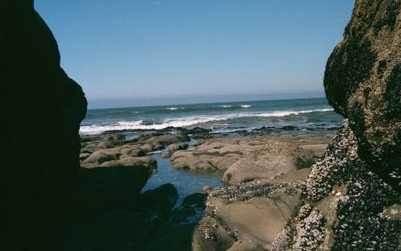Details on How To Contribute to Brit-Am
http://britam.org/contribute-Brit-Am.html
Brit-Am Now no. 1635
Movement of the Ten Tribes of Israel.
27 January 2011, 22 Shevet 5771.
Contents:
1. Vincent: The book "Biblical Truth" is Fascinating!
2. Brit-Am Questionnaire: First 12 Replies.
3. Duane Hiebert: Questions about the Motivation of Brit-Am and "Ephraim" Terminology.
4. Question about the Golden Bull Calves of Samaria.
5. Brit-Am Message and Call for Offerings and Note.
|
Brit-Am Discussion Group |
Contents by Subject |
Research Recognition Reconciliation Contribute |
|
Site Map Contents in Alphabetical Order |
This Site |
1. Vincent: The book "Biblical Truth" is Fascinating!
re Biblical Truth
http://britam.org/truth.html
I picked up a copy of your book from a thrift store, the other day, and it's fascinating! An uncle of mine is a strong believer in British-Israelism. I think I'll send him your book after I'm finished reading it.
2. Brit-Am Questionnaire: First 12 Replies.
(Shevat 5771, January 2011)
Results Up until Now no.1. (nos 1 to 12).
http://www.britam.org/Quest.html
Most people are happy with the information and the way we explain and reference it.
Bible studies are especially popular but all other subjects are also liked.
Most readers find the Brit-Am message convincing.
Requests for more DNA articles.
More YouTube clips were asked for.
Much Dissatisfaction with appearance of the web-site, how it is organized, and how it looks.
Pleased with Jewish aspects and Rabbinical sources etc BUT also some criticism of a perceived prejudice against the Christian side of things.
People would like to see new books on both Biblical and historical themes but a clear preference for Biblical subjects is evident.
Frequent requests for funds put off some people.
At least two (or three, it was not clear) volunteered the information that they do not contribute to Brit-Am for religious reasons and according to their standards we are not "suitable" enough even though otherwise they appreciate our services.
The idea of a re-activation of Brit-Am in the social sense with regular meetings etc is encouraged though many doubt that they themselves will actually wish to participate.
Twelve results have been published to our site so far and a few more will be posted up later.
For the latest results in full see:
http://www.britam.org/Quest.html
Replies:
1. Andy Hollingsworth (UK).
2. John R. Salverda.
3. Sister Briana Martinez.
4. Christian Loor.
5. Ron Ferguson.
6. Kylie Niebling (Australia).
7. David Jackson.
8. Mikko Ojanen (Finland).
9. David Bell (Australia).
10. MLH.
11. Henry Rhea.
12. Duane Hiebert.
3. Duane Hiebert: Questions about the Motivation of Brit-Am and "Ephraim" Terminology.
Why are you doing this for?
What i mean is if your goal is to be a part of restoring and bringing all Israel into Covenant with YHVH.......How did they do it before?
they did it without radio or tv or internet...what were they doing that laid the foundation for past returnings.



